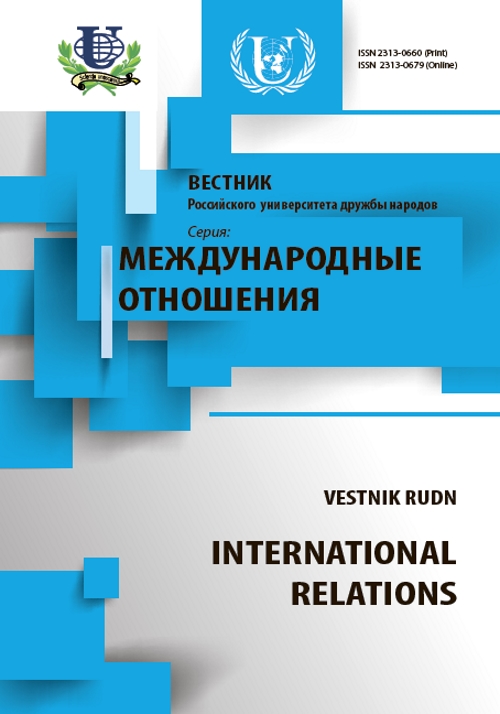Russian Energy Policy Looks Increasingly Eastward: Changing an Export Vector or Diversifying of Supply?
- Authors: Gerasimchuk O.A.1, Osadchuk C.O.2
-
Affiliations:
- National Institute of Oriental Languages and Civilizations
- South China University of Technology
- Issue: Vol 15, No 3 (2015): International Political Science. Conflict Studies. Greater Middle East
- Pages: 167-176
- Section: ARTICLES
- URL: https://journals.rudn.ru/international-relations/article/view/10721
- ID: 10721
Cite item
Full Text
Abstract
The emergence of new trends in the global gas market and, as a consequence the displacement of the center of gravity towards the Asia-Pacific region, today's major energy consumer in the world, had a significant impact on Russia's export policy review. The gradual «decline» of the European gas market, recently demonstrating a constant decrease in gas consumption, as well as unreasonable politicization of the question concerning European gas pipeline «South Stream» construction in the context of the ongoing Ukrainian crisis further strengthened the tendency to Russia's redirection to the Eastern energy market. A vigorous activity of state-owned energy companies as Gazprom and Rosneft in Eastern Siberia and Far East, including gas pipelines «Altai» and «Power of Siberia» designed for Russian natural gas supply to China demonstrate Russia to overcome the historical «Eurocentrism» in national oil and gas sector. This paper discusses the role and the place of Russia in the European gas market, as well as the perspectives of the Russian energy resources in the Chinese energy market.
About the authors
Olga Alexandrovna Gerasimchuk
National Institute of Oriental Languages and Civilizations
Email: gerasimchuk.olga86@gmail.com
Catherine Olegovna Osadchuk
South China University of Technology
Email: 2064712145@qq.com
References
Supplementary files










